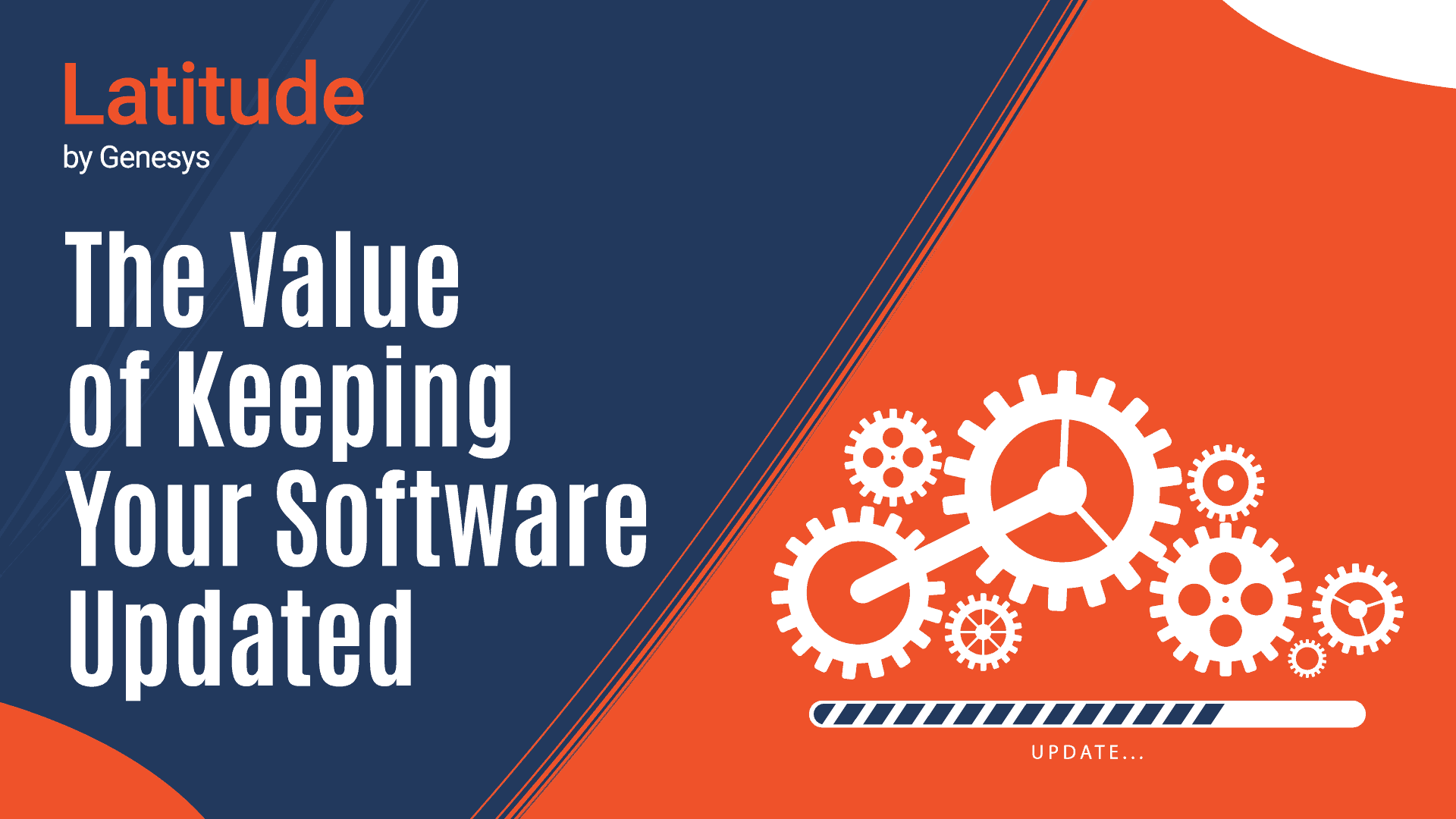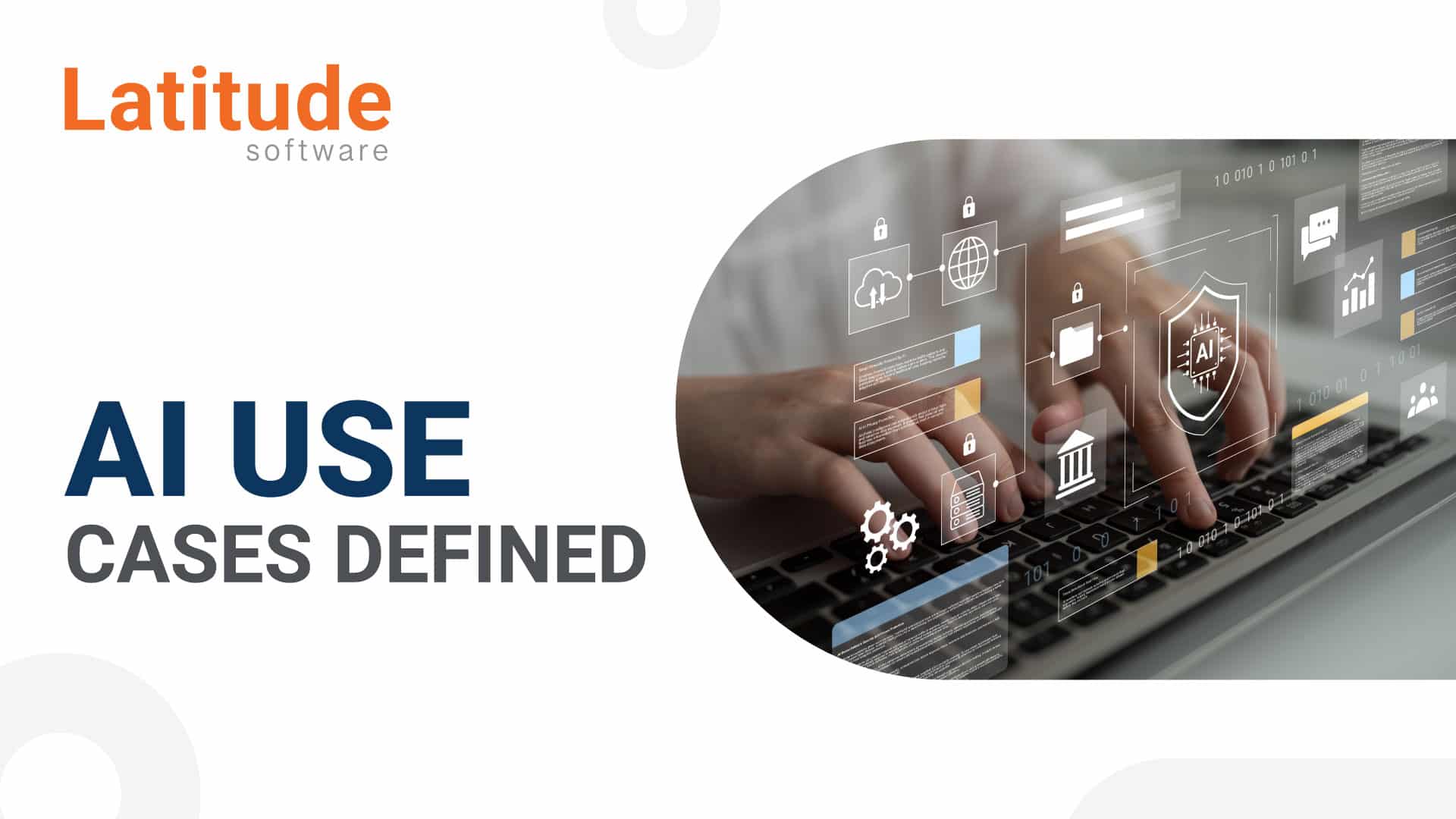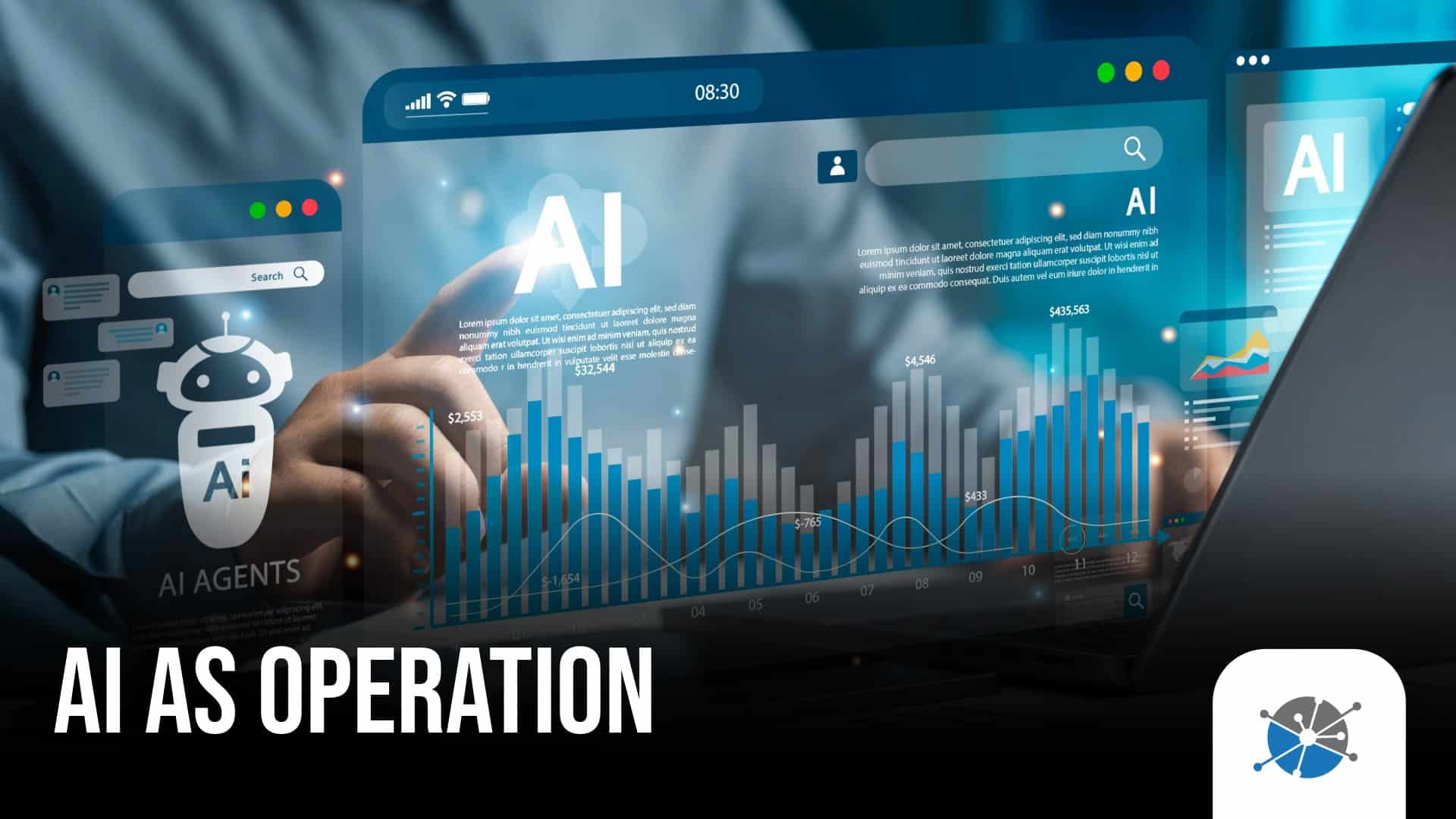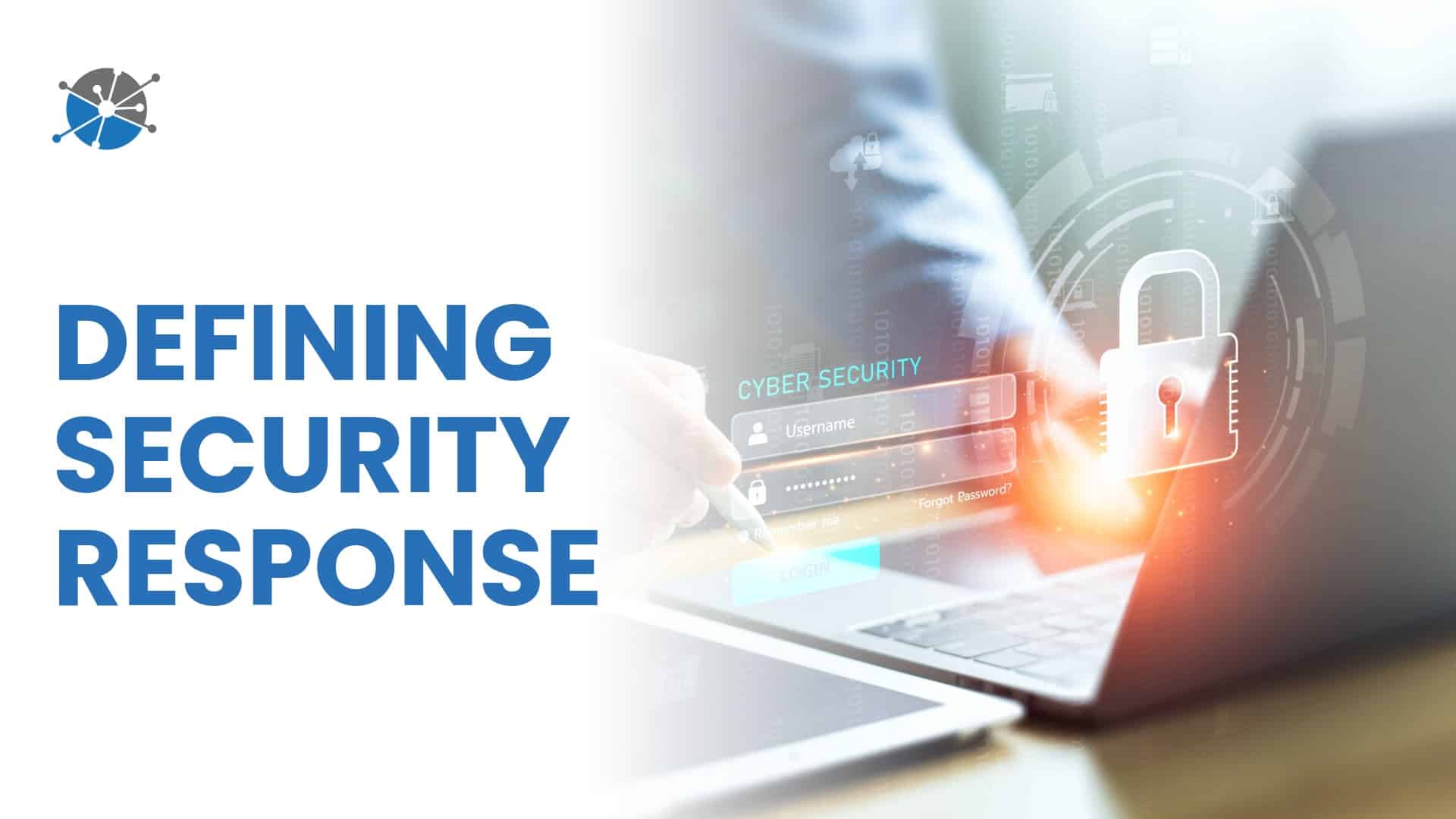
The Value of Keeping Your Software Updated
Software is most valuable to your business in its most updated version, yet ensuring ongoing maintenance sometimes gets deprioritized in the bustle of daily business. Have you ensured lately that you and your teams are keeping all of your business-critical software updated? From a security perspective but also an operational and ROI perspective, regular updates and adherence to update schedules suggested by the developers should be top priorities for business success.
Software Security Patches & Platform Updates
The top reason that probably comes to mind for confirming that your IT personnel are on top of patches and updates is cybersecurity. From all of your team’s operating software to your primary operations platforms, security patches and platform updates are critical for keeping your wall of cybersecurity defense intact. Your software vendor may discover holes or bugs in the system for which patches or updates are written to correct. Neglecting to promptly install updates and leaving vulnerabilities exposed could be costly, as security flaws or vulnerabilities can provide easy entry points for hackers. Norton.com gives a good synopsis on this topic:
A software vulnerability is a security hole or weakness found in a software program or operating system. Hackers can take advantage of the weakness by writing code to target the vulnerability. The code is packaged into malware — short for malicious software.
Getting Updated Features & Functionality
Installing updates is also necessary for adding new features and removing outdated ones. This is where the ROI of your software investment comes into play strongly, as you’re selling yourself short not to operate on the most updated version of the software. Technology evolutions, further testing, or user feedback may have prompted an update that could improve performance or compatibility, for example. Taking heed of prompts from your software vendor is important for maximizing the functionality and value of your product investment.
Software Support & Service
To get the most out of your software vendor relationships, hopefully your team is utilizing the available support in the form of helpdesk, phone, or other similar mediums. A quality software vendor is available to you as a partner, prepared to guide you through updates, questions, or any other issue involving the software. If you’re not sure of a vendor’s update schedule or your team has experienced a staffing change and you need to ensure collaboration is at its best, reach out to your vendor for assistance. A healthy balance of user empowerment and support is important for an optimal software experience.
Software as a Service (SaaS)
One of the benefits of subscribing to software via the Software-as-a-Service (SaaS) model is that the software is typically in the cloud as opposed to on your internal servers. This makes updating and debugging relatively simple, quick, and low-cost for end users. It also removes some of the security onus off the software subscriber and onto the software provider. If your business utilizes any SaaS products, be sure that your vendor adheres to top security standards, as their security posture will become part of yours. Security certifications help to provide assurance that the vendor is keeping their own security systems up-to-date and as strong as possible.
Latitude & Genesys Cloud
For businesses that opt to integrate with cloud-based solutions such as Latitude by Genesys and Genesys Cloud CX, security certifications include ISO 27017, SOC 2 Types 1 & 2, HIPAA, HiTrust, and more. We provide always-on expert advice through customer care tools and multi-channel communication and diagnostic tools to empower your team’s self-sufficiency while remaining available to provide support and collaborative problem-solving. Our ultimate purpose is to help you deliver a great experience for the customers you serve, seamlessly and affordably as possible.
About Latitude by Genesys
Latitude by Genesys® is a comprehensive debt collection and recovery solution for managing all pre- and post-charge-off accounts and workflow processes. It provides collectors and agents with the tools to manage the debt collection and recovery process and provides full functionality for the collector’s or agent’s desktop and deploys as a true zero-footprint, browser-based environment. Since 1996, Latitude’s focus has been to provide the most forward-thinking, attractive solution to the business needs of different people and companies in the accounts receivable management (ARM) space. Acquired by Genesys in 2016, Latitude is continually growing, innovating, and reshaping the technology expectations and customer experiences of ARM companies and their consumers.





